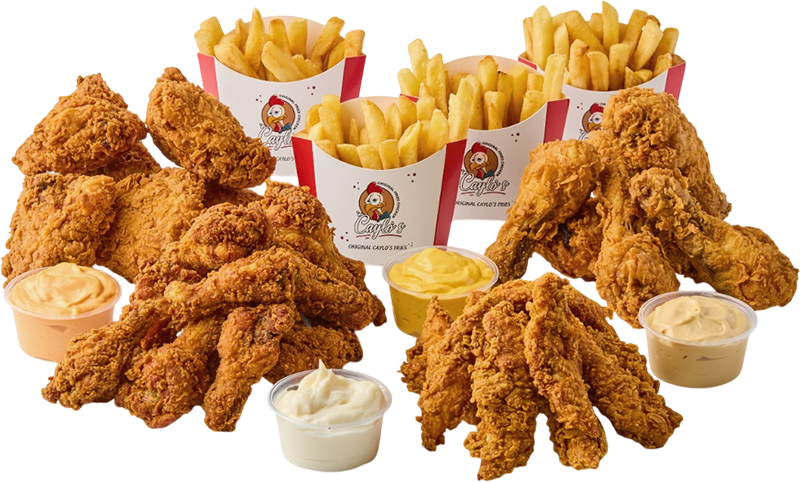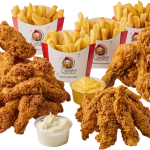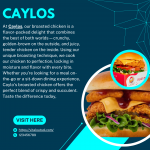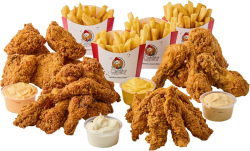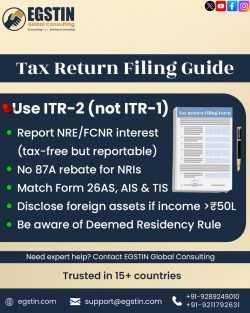Fast Food Franchisee: A Lucrative Business Opportunity | Caylos
The fast food industry has grown exponentially over the years, and owning a fast food franchisee has become one of the most lucrative business opportunities for entrepreneurs. With changing consumer lifestyles and an increasing demand for quick, delicious meals, fast food franchises continue to thrive in various markets worldwide.
Why Invest in a Fast Food Franchisee?
Established Brand Recognition: When you become a franchisee of a well-known fast food brand, you inherit its reputation, customer base, and marketing power. This eliminates the need to build brand recognition from scratch.
Proven Business Model: Unlike independent restaurants, a fast food franchise operates under a structured system with pre-set guidelines, reducing risks and increasing the chances of success.
Comprehensive Training & Support: Franchisees receive extensive training in business operations, food preparation, customer service, and marketing strategies, making it easier to run the business efficiently.
High Demand & Consistent Revenue: The fast food industry is a staple in modern society. With a well-known brand, franchisees can enjoy a steady stream of customers and revenue.
Marketing & Advertising Assistance: Franchisors invest heavily in national and regional advertising campaigns, ensuring their brand stays relevant and attractive to customers. This support benefits all franchisees.
Steps to Becoming a Successful Fast Food Franchisee
Research the Right Franchise: Before investing, it’s crucial to research various fast food franchises and determine which aligns best with your financial capabilities, interests, and local market demand.
Evaluate Costs & Investment Requirements: Understand the initial investment, franchise fees, royalty payments, and ongoing operational costs before making a decision.
Secure Financing: Many franchise opportunities require substantial capital. Explore loan options, investors, or franchisor-provided financial assistance programs.
Select an Ideal Location: Location is key to a fast food franchise’s success. Choose a high-traffic area with visibility and accessibility to attract maximum customers.
Undergo Training & Setup Operations: Once approved, complete the required training, hire staff, and set up the restaurant according to the franchisor’s standards.
Market Your Franchise Locally: While franchisors handle national marketing, local promotion through social media, events, and customer engagement strategies is essential.
Deliver Consistent Quality & Service: Maintaining quality and excellent customer service will ensure repeat business and brand loyalty.
Challenges of Owning a Fast Food Franchisee
While owning a fast food franchise is rewarding, there are challenges to consider:
High Initial Investment: Franchise fees, equipment, and lease costs can be expensive.
Operational Restrictions: Franchisees must adhere to franchisor policies and guidelines, limiting creativity and decision-making freedom.
Ongoing Royalty Fees: Most franchisors require franchisees to pay regular royalty fees based on revenue.
Market Competition: The fast food industry is highly competitive, requiring constant innovation and marketing efforts.
Conclusion
Becoming a fast food franchisee can be a profitable venture for aspiring entrepreneurs who want to enter the food industry with a lower risk factor. By choosing the right franchise, following the established system, and focusing on excellent customer service, franchisees can achieve long-term success in this ever-growing market. With strategic planning and dedication, a fast food franchise can turn into a highly rewarding business opportunity.
